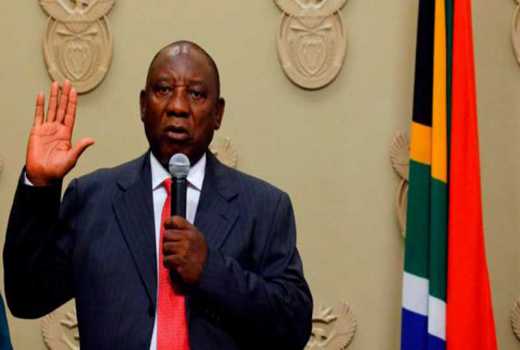×
The Standard e-Paper
Home To Bold Columnists

More than 2,000 South African union members marched in Johannesburg in a nationwide protest against a proposed national minimum wage, presenting a test for new President Cyril Ramaphosa, who champions the policy.
The $1.6 (Sh160) an hour minimum wage, which Ramaphosa sees as an important step to tackle labour instability and wage inequality, was approved by the cabinet in November and is meant to be introduced on May 1. But dissatisfaction over the minimum wage bill could delay implementation.